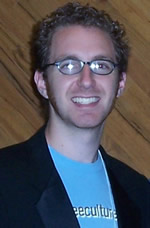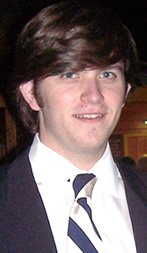 I am very excited to announce that we will be running a copyright panel at this year’s NTC (Nonprofit Technology Conference). The Conference is in New Orleans and runs from March 19th through the 21st. The panel will be focusing on best practices for non profits including Creative Commons, GPL, BSD, Wiki’s and User Generated Content.
I am very excited to announce that we will be running a copyright panel at this year’s NTC (Nonprofit Technology Conference). The Conference is in New Orleans and runs from March 19th through the 21st. The panel will be focusing on best practices for non profits including Creative Commons, GPL, BSD, Wiki’s and User Generated Content.
Here are the details:
Generation Y meets Printing Press Law: Copyright questions in the digital age
Friday, March 21 , 2008
3:30 PM – 5:00 PM
Speakers:
Brian Rowe | Freedom for IP, Founder
Sarah Davies | ACLU of Washington, Internet Operations Manager
Others TBA
This interactive panel discussion will delve into the sticky mess of online copyright. User-generated content is an unforeseen battle-ground for legal rights on the internet. We will talk about what some organizations have done to clarify ownership of online content, from very restrictive to entirely open. Your organization’s values around community and sharing should be reflected in your copyright choices. Help us discuss how to make those choices and what your plans and fears are for the future.
Links:
NTC Registration – Early registration ends the 15 of January







